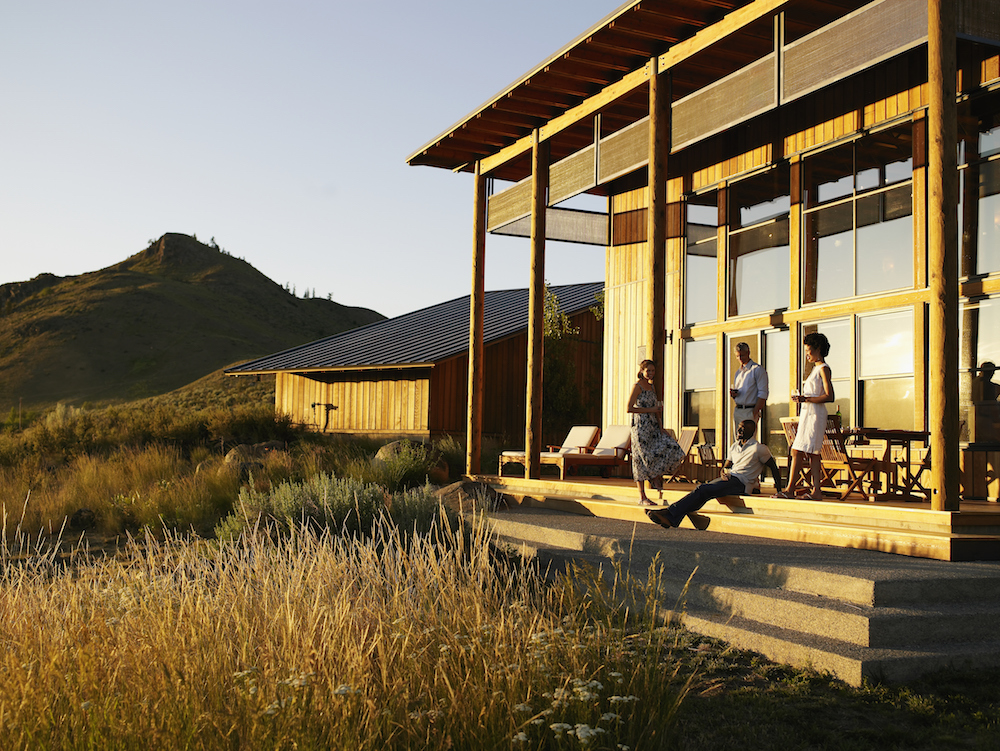Buying a vacation home is appealing for plenty of reasons. Of course, having your very own getaway spot is a big one. But also, owning a vacation property can be a good investment if you rent it out when you’re not using it. No matter what your reasoning for buying a vacation home is, you’ll want to make sure you do it right.
What to Consider When Buying a Vacation Home
-
Factor in mortgage costs and taxes.
Why you buy a home, it tends to fall into three categories, which have different tax and mortgage considerations.
- Primary Residence: Unless you’re planning to be on vacation a majority of the year, it’s unlikely your vacation home will be your primary residence. However, it does come with tax benefits, and primary residences often require a smaller down payment, depending on the mortgage.
- Second Home: You can’t rent out a second home, but that means you have access to it any time you want. And the tax benefits are similar to that of a primary residence. Plus, you can use the full cost of your primary residence and the second home to qualify for your mortgage loan and put as little as 20 percent down.
- Investment Property: Like a second home, you can use the full primary residence and second home costs to qualify for the mortgage, but down payments typically start at 30 percent. You will not receive the same tax benefits, but because you can rent the home out when you are not using it, that income can offset some of your costs.
-
Consider all the costs.
The sale price is only one part of the total cost of buying a home. First, there are closing costs, inspections, taxes, insurance, and other fees that come along with the purchase. Then, you’ll want to figure in the long-term costs, including utilities, furnishings, and property maintenance. Don’t forget to factor in the cost to travel to and from the home, too.
-
Figure out a security system.
Because vacation homes are often a distance from where you’ll regularly live, you’ll want to be extra cautious about security. Burglars often look for homes that appear unoccupied for long periods of time. Plus, security is about more than just protecting against criminal activity. Anything from a burst pipe to an electrical outage can cause big problems when left unattended. Find an alarm system that can provide you with some peace of mind on the security front. This could be anything from a high-tech home monitoring system to a friendly neighbor who checks in regularly.
-
Craft your plan for the property’s maintenance.
A lawn can’t mow itself, and snow can’t shovel itself. If you’re away from the home when these types of upkeep come due, or when repairs are needed, you will need someone else to handle the them. In addition, if you rent out your property, you will need to factor in the costs and logistics of having a cleaning crew come between guests.
-
Work with a local agent.
Ready to start searching for your second home? Your best resource to help navigate the process will be a local real estate agent. They will know the market best and can help you make the smartest choices on everything from the best properties to consider to the right inspector.



